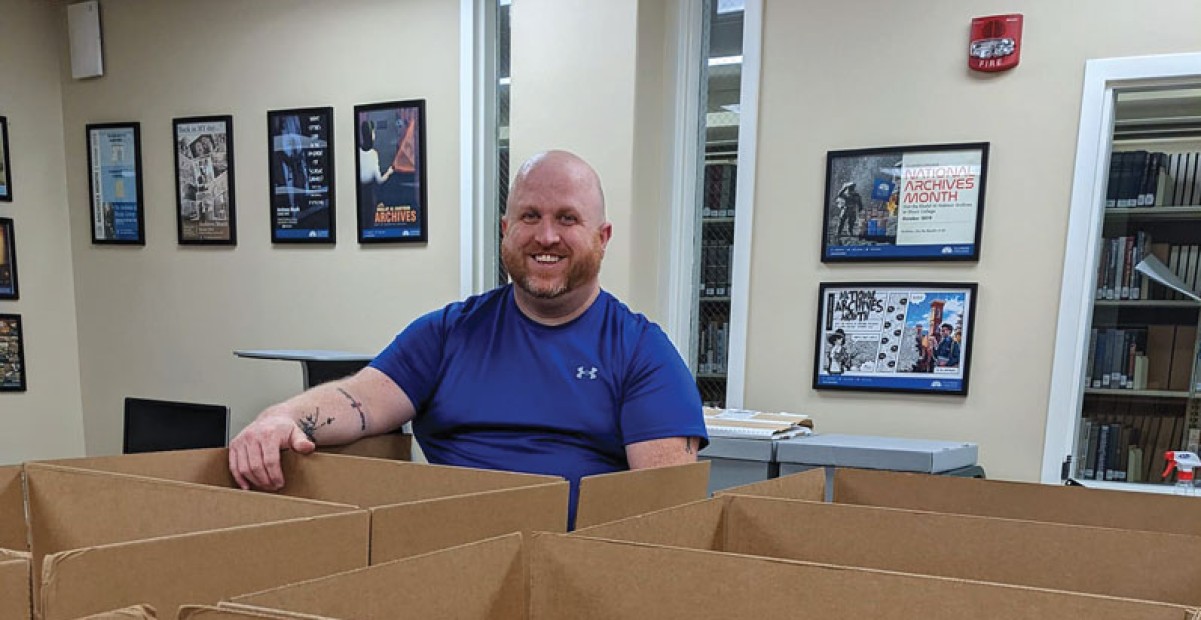Bringing the Past to the Present: Digitizing Historic Campus Publications in the Khalaf Al Habtoor Archives

Jenny Barker-Devine is a professor of history at Illinois College. She holds a doctorate degree in agricultural history and rural studies from Iowa State University and is a historian of American agriculture and rural life, with interests in archives and advocacy for the humanities.
From yearbooks, The Rambler, commencement programs, course catalogs, and the Quarterly it is possible to learn about the people and events that have fostered our community for nearly two centuries.
When Illinois College was founded in 1829, printing was expensive and reserved only for the most important materials such as course catalogs, which date back to 1833. These hold lists of students and faculty, with descriptions of courses and campus life. The campus publications that more often come to mind, like yearbooks and newspapers, first appeared in the late 19th century when new technologies reduced the cost of printing and permitted the reproduction of photographs. The Rambler began publication in 1872 and yearbooks in 1893. The Quarterly was established in 1922. Prior to that time, Illinois College periodically published alumni catalogs with lists of names and current addresses.
Today, students and members of the campus community use these resources to study the history of student organizations, athletic teams, curriculum and more. Faculty regularly use these materials in courses to help students not only learn new concepts, but develop a stronger connection to IC. The mission of the archives is to make these materials accessible to the public. One way to do that is through digitization, a process that requires significant investments in time, resources and staff. IC students gain valuable hands-on experience with this process, which involves using a scanner to produce high-quality images of the publication’s pages and creating metadata, or search terms, so the publication can be made available and searchable on a website.
Over the past several years, student archival assistants have carefully digitized twenty-five issues of Forte from the early 1960s to the early 1990s, yearbooks from 1893 to 1979, and editions of The Rambler published between 1878 to 1883. These are now available to on-campus users in JSTOR Forum, accessible through the Schewe Library website. We are still many years away from making these available for off-campus users through a dedicated website.
Some Illinois College publications and collections are currently available to the public online through the Internet Archive (archive.org) — President Julian Sturtevant’s “Autobiography,” President Charles Rammelkamp’s “A Centennial History” and Professor Charles Frank’s “Pioneer’s Progress” — and the Digital Public Library of America (dp.la) — images of IC students, 19th century commencement programs and records related to the Jacksonville Female Academy.
One challenge in digitizing IC’s collection of campus publications has been technology. Thanks to the generosity of donors, the Khalaf Al Habtoor Archives recently acquired a new BookEye5 overhead scanner, which offers a vast improvement over our previous capabilities. Digitization goals include the Quarterly, as well as The Rambler from 1884 to 1925.
Another current project will digitize 75 years of The Rambler. Beginning in 1925, The Rambler was printed on regular newsprint, which was too large for our oversized scanner. So, in November 2022, after six months of preparation, we packed up the volumes dating from 1925 to 2000 and shipped them to Maryland, where the Crowley Company is digitizing each and every page. We will then partner with the Illinois Digital Newspaper Project at the University of Illinois over the next two years to make the fully text-searchable digital versions accessible through their website.
As we move toward the College’s bicentennial in 2029, making more digital collections available will allow alumni and members of the campus community to more fully engage with our shared past. There is much work to be done before the digital collections will be publicly available, but it is worth the investment. IC’s most important stories are found in relationships and life-changing experiences, and the mission of the Khalaf Al Habtoor Archives is to help individuals tell those stories, share those memories, and research those events and people that mean the most to them.


